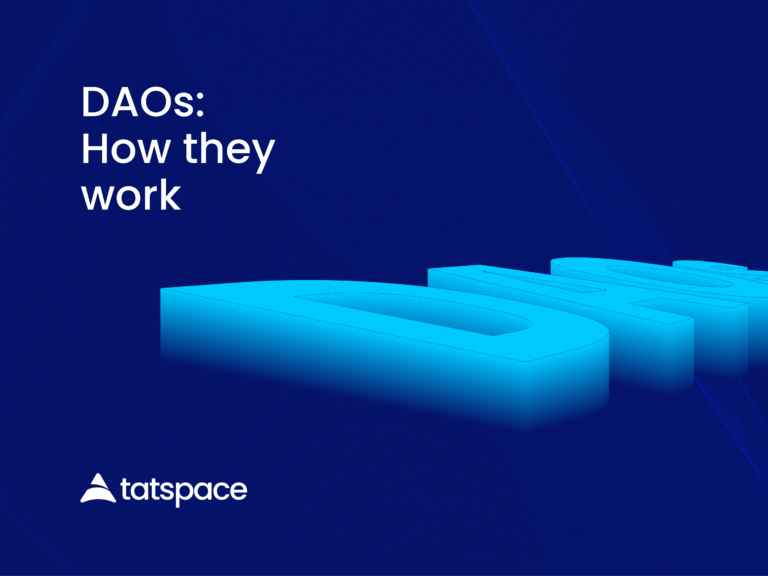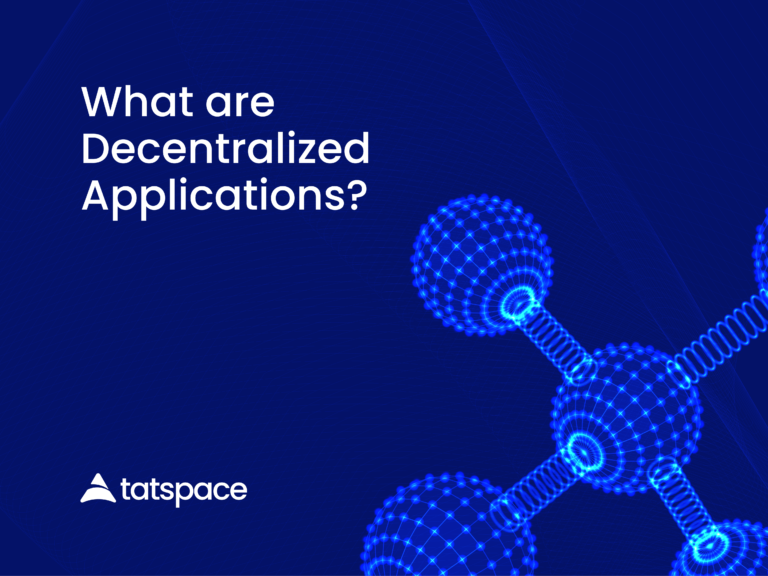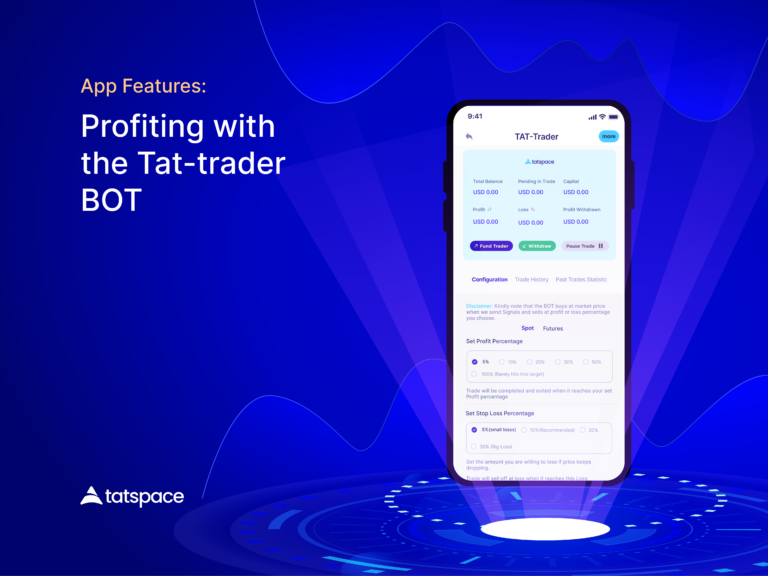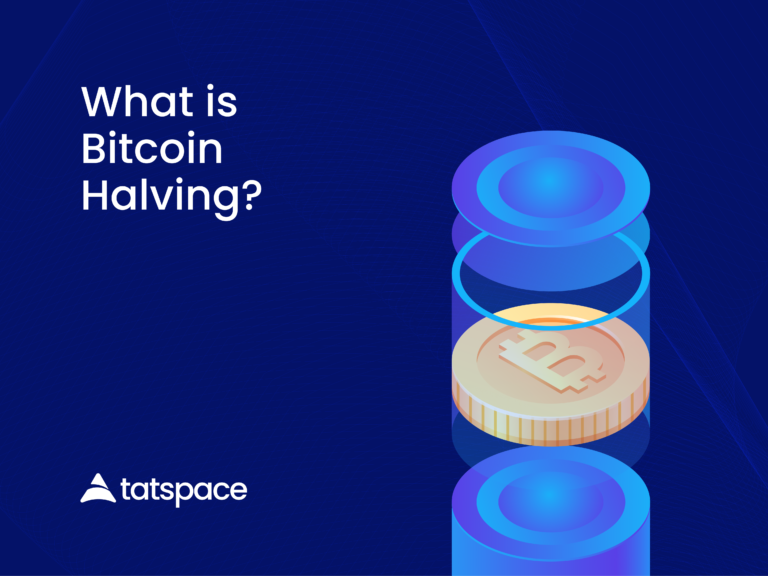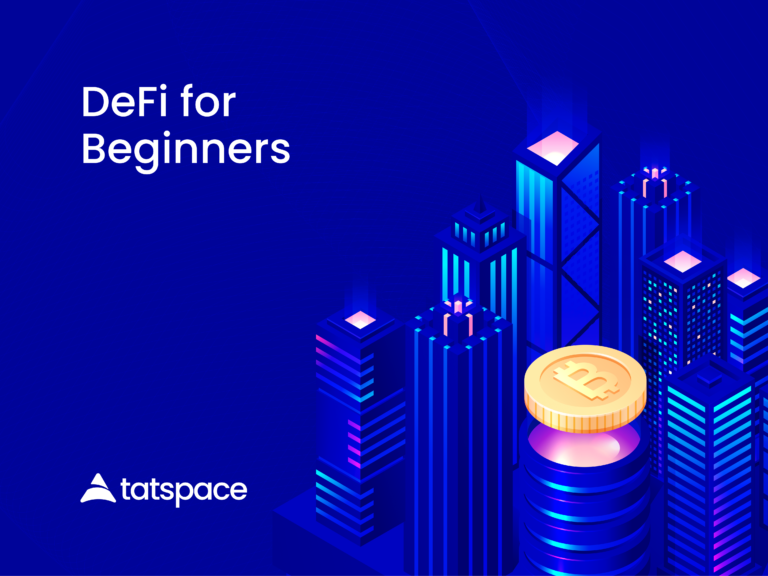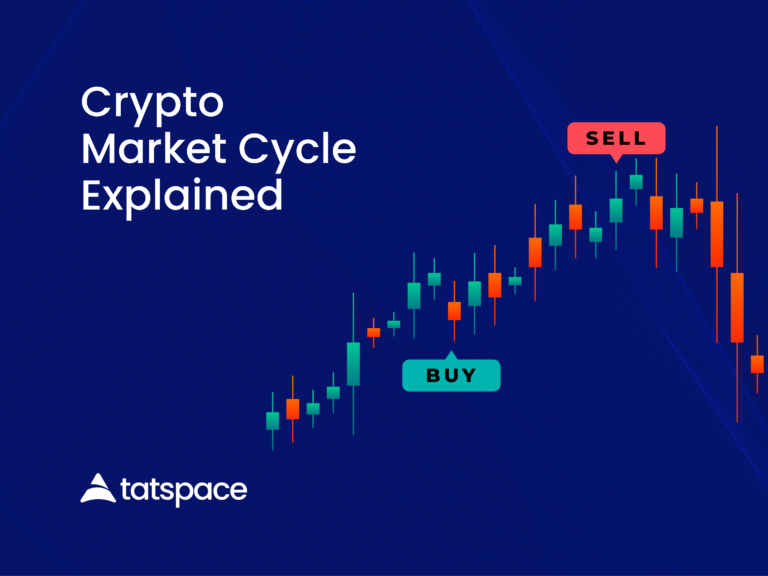As Defi becomes mainstream and finds a way to effectively manage a blockchain network, governance models are on the rise too.
Decentralized Autonomous Organizations (DAO) is becoming more important than ever;
Especially in this age of governance models where Decentralized Finance is being utilized.
With the launch of DAO in 2016, the narrative for decentralized organizations surrounding cryptocurrency projects changed.
They started a project that raised up to $150 million in crowdfunding.
Decentralized Autonomous Organization (DAO) ‘failed’ and it suffered a $50 million hack.
This forced the Ethereum community to fork and move to another network version which the hack did not affect.
Due to the hack, DAOs lost their popularity, and scalability protocols soon replaced the hype.
Systems like DAO surfaced again when DeFi protocols were launched in 2019 and 2020.
These systems all follow the same fundamental principle as DAO:
They are decentralized in a trustless environment.
Let’s explain what a decentralized autonomous organization (Dao) is
A decentralized autonomous organization (DAO) manages a blockchain network by relaying decisions to the community rather than developers.
This concept was first introduced in 2013 by Dan Larimer.
Decentralized Autonomous Corporations was used to describe miners as employees and crypto holders are shareholders.
Ethereum’s founder Vitalik Buterin, further took Decentralised Autonomous Corporation a step further by developing a new system.
In this system, a blockchain network looks like an entity that works without managers.
Rather than individual people, tasks are processed and controlled by smart contracts.
In order for DAO to work, you will need a set of rules for smart contracts.
Smart contracts require no interaction from developers, therefore, making them self-executable, so they can autonomously support the blockchain.
The community has voting power.
The funding phase and presales are what DAOs use to sell their tokens to interested investors.
These investors in return gain the ability to influence how it operates and the direction a DAO takes.
The stage where DAO becomes independent from its original developers is only after launching and distributing its token.
The project’s investors must reach a consensus before they can make the smallest decision or even think of moving forward.
A user, have the right to publicly share a governance proposal which other members of the community have the power to vote on.
Every proposal creator must have to provide a stake so they can create the proposal in the first place.
This organization’s security mechanism is what prevents massive proposal spam.
Advantages and disadvantages of a decentralized autonomous organization (DAO)
Back in 2016, DAOs was one of the most interesting concepts that excited the entire blockchain community.
Advantages of Decentralized Autonomous Organization (DAO)
Apart from managing powers to the entire organization, they can also remove the traditional top-down hierarchical structure.
As long as you are part of organization;
1. You contribute to how the project should work in the future and
2. how it should be shaped.
Zero restrictions are imposed on the community and what the community is capable of doing.
The community creates proposals
Because locking crypto assets represents an important part of the decision making process.
The most efficient way to progress further is by focusing on the big picture at hand and there’s no avenue for arguing about details.
Disadvantages of Decentralized Autonomous Organization (DAOs)
The largest one is the voting system.
Entrusting financial decisions to everyone within a system can be dangerous.
The Maker DAO made a controversial decision that affected all its community members.
In March 2020, community members who were liquidated during the flash crash were not paid back.
This happened earlier that year because they were afraid of creating immense selling pressure for the MKR token.
The liquidation cascade that occurred wasn’t a result of overt risk exposure.
Failure and greed was the driving force.
They failed to pay affected community members.
Another major challenge apart from greed is that blockchain projects with DAOs cannot make fast decisions.
What happened in The DAO hack, the community members were unable to do anything as the hackers stole assets in real-time.
Assuming developers had the privilege to do anything, the attack would not have happened.
The blockchain Decentralised autonomous organizations (DAOs) have no legal ground whatsoever to conduct any business with real-world entities.
DAO in DeFi: governance models
There are no projects within the DeFi ecosystem that don’t use governance models to remain decentralized.
Governance models give the voting power to their users through tokens just like DAOs and this is how it is;
The more the tokens, the higher the chances of his voting power compared to others with smaller tokens.
Any major DeFi token that you may have probably heard of, acts mainly as a governance token, the likes of PANCAKESWAP, UNI, SUSHI, YEARN, CAFESWAP etc.
Governance models have generated far more activity when compared to DAOs.
For example, communities like SushiSwap and Yearn Finance tend to actively participate in creating proposals on weekly basis and partake in governance discussions.
If a group of whales decide to coordinate a token’s accumulation, there’s a potion they will reach where they can change a project’s direction all by themselves.
For instance, in the early governance stages, one of the famous Uniswap DEX had an experience where a couple of other blockchain projects held enough assets to create proposals on their own.
Not only that, they also had the power to steer the voting processes’ direction to a high degree.
Although the DEFI Market is still in its early phase, whales can decide to single handedly accumulate large amounts of tokens so that they can manipulate projects in the future.
What would now be the essence of decentralized governance if the top 100 wallets control the entire voting process?
Wrapping it up
No doubt that DAOs may have their limitations.
The idea of having an entire community make decisions on how to operate and manage a blockchain network is more than enough to remain enthusiastic about decentralized organizations.
DAOs are mainstream now that they hold a fundamental part of the $40 billion Defi market.
There is no need for developers to approve all sorts of functions and transactions on their own.
Especially now that we are in a world where smart contracts automated every feature and process.
Notwithstanding, accumulation and greed will always be major problems.
The problem may continue if governance models don’t find ways to involve developers in their decision-making process.
That way things can really work efficiently.

